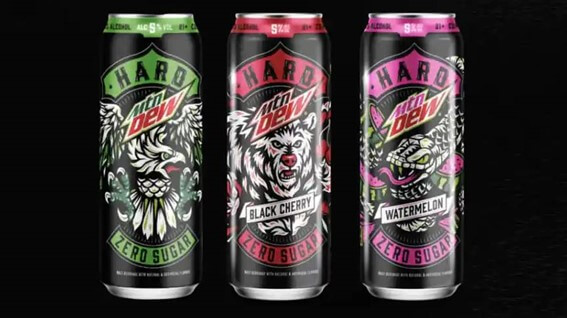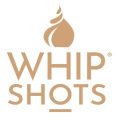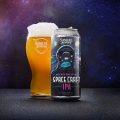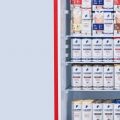Boston Beer Co. announced last August that it would be partnering with global giant PepsiCo Inc. Through the partnership between Sam Adams Brewery and PepsiCo, Boston Beer will brew Hard MTN Dew, a 5% alcohol by volume, caffeine-free malt beverage.
The problem has arisen when instead of going through Boston Beer’s network of beer distributors, Pepsi has become a licensed alcohol distributor under its arm and will ship Hard MTN Dew to retailers on the same trucks that carry its soft drinks and other non-alcoholic products, such as Gatorade.
An announcement that has set off all the alarm bells in the industry. Craig Purser, president of the National Beer Wholesalers Association, a trade group representing U.S. beer distributors, says that situation is raising concerns about the future of the three-tier system, the laws that govern the sale and distribution of alcoholic beverages in the United States. “Our distributors were concerned, and perhaps rightly so,” he adds.
Such an agreement also raises other specters, such as the erosion of protections afforded to the regulated but competitive alcohol distribution system, and would make the beer market less competitive. “This creates a lot of problems, because it’s not a new product or a new brand being built, but an established, globally recognized soft drink brand that is adding alcohol,” stresses the president of the National Beer Wholesalers Association.
The distributors further add that by creating their own alcohol distribution company to sell the product, Pepsi, and Boston Beer, appear to be circumventing the established three-tier system and eliminating wholesalers to sell the product directly to retailers. They are concerned that if PepsiCo is allowed to continue, a new precedent could be set.
Pepsi, for its part, seems to be entering uncharted territory. PepsiCo Chairman and CEO Ramon L. Laguarta says the deal would help give PepsiCo “an opportunity to create a distribution system in the U.S. that is quite unique in the sense that it would be an integrated distribution system that can make coordinated decisions in multiple states.
The company has already applied for permits to distribute in states such as Illinois, Wisconsin, Oklahoma, Florida, Kentucky and Minnesota but various federal and state statutes governing the sale and distribution of alcohol could stand in the way.










